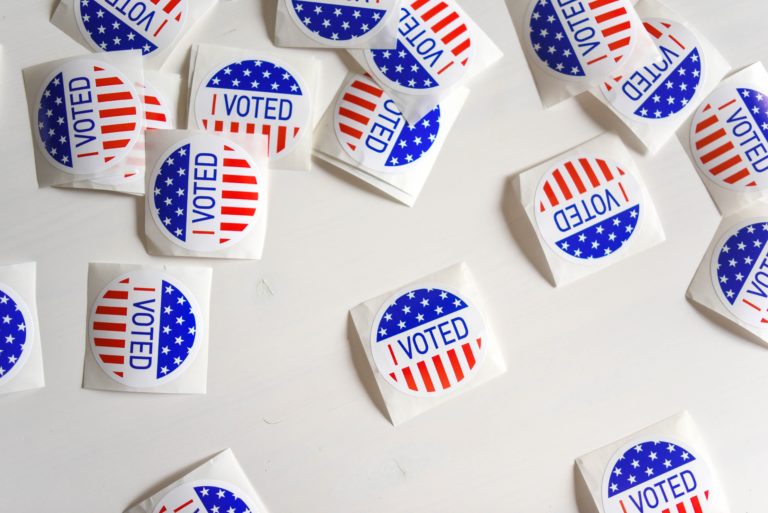On July 19, 1848, over 300 (mostly) women gathered for the Seneca Falls Convention,…
What Women Leaders Mean to Women Voters

Earlier this year, our team at Gender on the Ballot polled women nationwide on the most pressing issues in our country right now, from inflation to reproductive rights and trust in our elections. The results are a snapshot of how women are feeling, and the nation’s future. As my boss Barbara Lee often says, women have been the backbone of every social and political movement—if you want to understand where the country is headed, ask women. When it comes to representation for women in politics, the women we polled told us that the future really will be female.
Over three-quarters (82%) of women told us that it is important to elect more women to political office. That includes a slight majority—52% of women—who said it is very important (the remaining 30% said somewhat important). When we look just at Democratic women, nearly all—95%–said it is important to elect more women. But even among Independents (74%) and Republicans (71%), the numbers are clear.
Another figure from our poll sheds light on why women were so overwhelmingly supportive of electing more women. We asked women voters whether they agree with the statement “Women running for political office have a better understanding of the challenges I face in my life and what it would take to help me get ahead,” and 78% of women said yes. We also asked about the statement “If there were more women in political office, it would help us do a better job of dealing with the country’s problems.” 74% of women said they at least somewhat agree with that statement as well.
As the Executive Director of an organization that works to support women in politics, I’m not surprised by these results. At the Barbara Lee Family Foundation we have seen for years how more diverse leadership results in more meaningful, inclusive results—especially for women and other groups that have historically not been included in political decision-making in our country.
Women bring important perspectives and lived experiences to the table, whether it is Massachusetts Congresswoman Ayanna Pressley advocating for the CROWN Act, which bans discrimination based on hair textures and hairstyles that are commonly associated with a particular race. Or Congresswoman Lucy McBath from Georgia, who ran for office after her son was tragically killed by gun violence—and who now advocates for solutions. Or South Carolina Congresswoman Nancy Mace, who was the first woman to graduate The Citadel’s Corps of Cadets in 1999, and who has sponsored legislation that addresses student veterans’ education benefits.
One important nuance from our findings on women in leadership, though, is that women voters may have faith in women leaders—but gridlock in Washington tempers their hope for meaningful change. 44% of women overall told us that they are not hopeful that the women currently in Congress will be able to get things done.
Ultimately though, the results of our poll still reveal a virtuous cycle: when women lead, other women see the results. We will be watching to see how that fact plays out in the 2024 election cycle.






